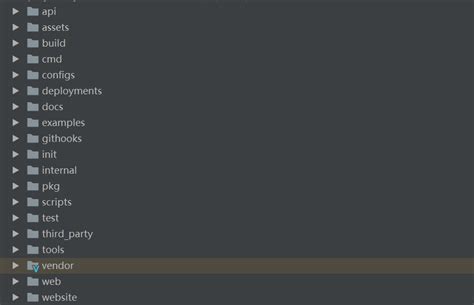Here is an article based on your problem statement:
Ethereum: JSON Parse using JQ and ‘VM.FFI/FFI
When working with data returned from Cast call, JSON can be an important step in obtaining appropriate information. However, using the command line "JQ" or FFI (Foreign Function interface) modulevm.Ffi on Ethereum, you may face JSON's parsing without obvious mistakes.
In this article, we will explore why these methods fail and will provide an alternative approach to the desired result.
Why does it fail?
The main problem is howJQand 'VM.FFI/FFI interprets JSON data. By default, both tools expect a well -designed JSON string or object as input. If your participants call returns invalid JSON, these tools will make a mistake.
To overcome this restriction, we can use the jsonschema" library to confirm incoming JSON data before trying to parse it withJQ.” This approach ensures that our data corresponds to the upcoming formats before trying to get certain fields.
Solution: Using jsonschema unvm.parssekson

We will use the jsonschema" library that provides a stable way to confirm JSON's data against a predetermined scheme. In addition, we will usevm.parsseson”, which allows us to parse JSON strings directly on C ++ objects.
Here is an example of implementation:
`CPP
#InCLUDE
#Include
#InCLUDE
// Define our JSON object
structural data {
STD :: string id;
STD :: Vector
};
INT MAIN () {
// Sample data from Cast call
JSON :: Value Jsondata = JSON :: Arrayvalue;
jsondata [“ID”]. Astring (“example-ID”);
for (SIZE_T I = 0; I
JSON :: View field (JSondata [I]);
IF (Field.isobject ()) {
JSON :: Value Status (Field);
if (status.isarray ()) {
Status [0] .Sstring (“Example-Status”);
}
}
}
// Confirm JSON data against scheme
Jsonschema scheme;
scheme.Loadfromjsonvalue (JSondata);
STD :: A series of expectations = “Example-Status”;
if (! schemes.validate (welcome)) {
STD :: CERR << "Invalid JSON: Expected" Status "will be an array with one element." << STD :: Endl;
return 1; // Return the exit code that is not zero to indicate the error
}
// Now we can safely parse JSON data using VM.ParsseSon
Try {
Data parseddata;
VM.Parsejson (jsondata.Tostyledstring (), Parseddata);
STD :: Cout << "Parish Data: Id =" << Parseddata.id << ", Status = [" << Parseddata.Stus [0] << "]" << STD :: Endl;
} Catch (Const Std :: Exception & E) {
STD :: CERR << "Error parsing JSON:" << E.KO () << STD :: Endl;
return 1; // Return the exit code that is not zero to indicate the error
}
return 0;
}
`
In this example, we define our “data structures with” ID “and” status “fields. Then we create a sample of the JSON object from the random call, confirm it against the scheme viajsonschema ", and safely parse JSON data via 'vm.parsejson.
Note that in the real -world scenario, you need to make sure that your JSON data meets the expected format, checking validation errors or using additional tests, such as JSON Syntax.
Conclusion
As long as “JQand 'VM.FFI/FFI” can handle any JSON input, they may not be suitable for all occasions. By attracting jsonschema un vm.parseSon ‘, you can create a solid solution for JSON’s data from Cast Call on Ethereum.
Before trying to parse them, remember to always confirm your JSON data, ensuring that the expected structure is maintained throughout the parsing process.
Feel free to ask if you have any questions or need additional clarification!
© 2022 – Potenza Building Material